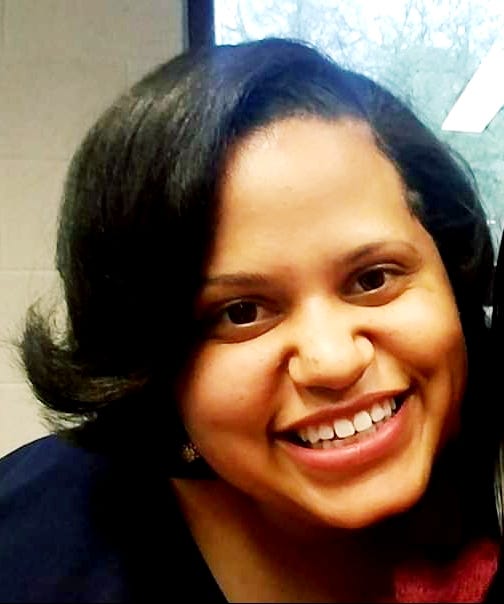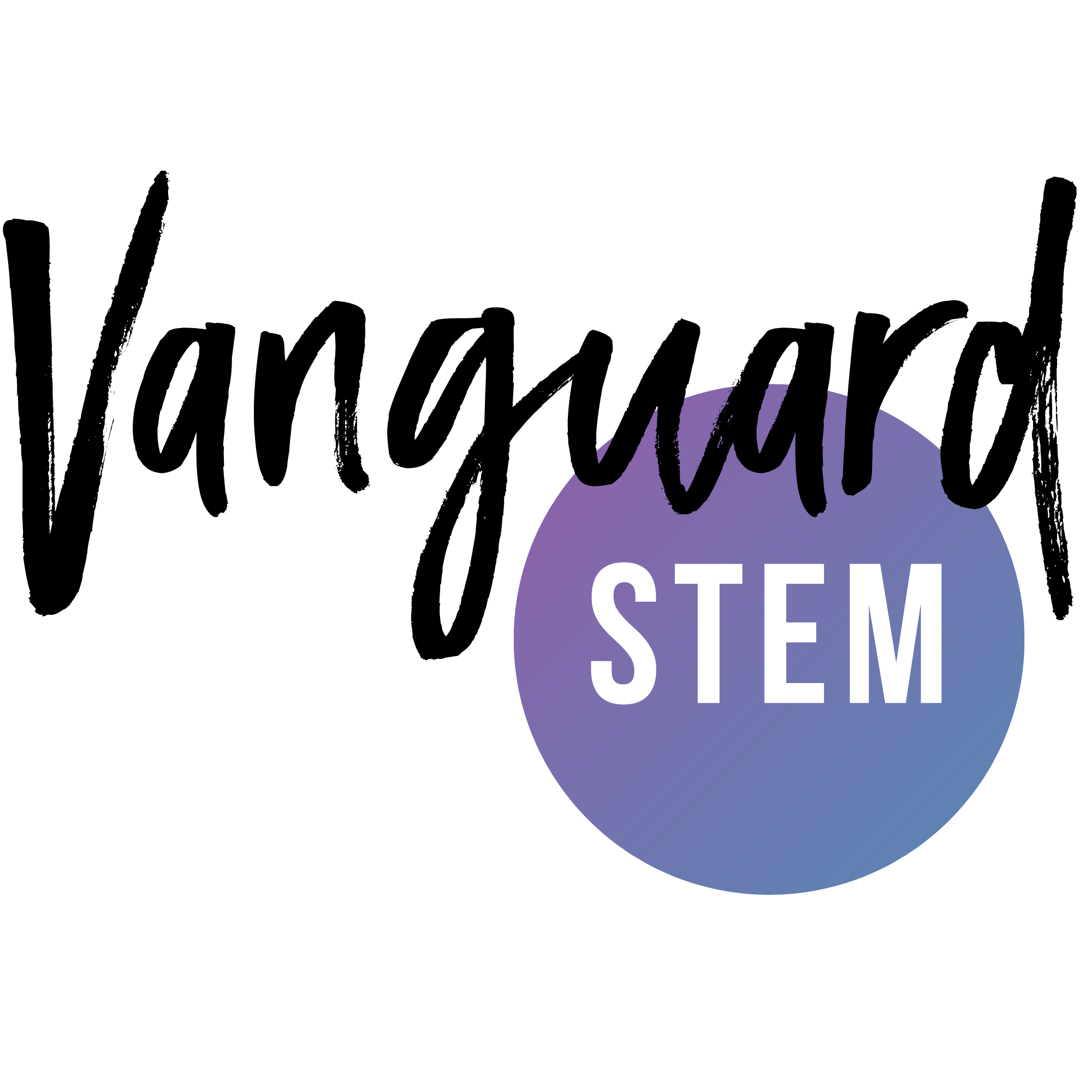Dr. Kendra Souther, an engineer at Intel, shares her experience on transitioning from the PhD to industry.


In July 2018, I stepped onto the campus of my new job at Intel and had no idea what to expect. I had just spent the past 5 years in a PhD program at the University of Michigan, Ann Arbor and I was not prepared to break out of my academia bubble. How could I translate all that I had learned in the field of chemistry into a successful career in engineering?
I hold a PhD (in Chemistry) and through that have honed my ability to solve problems, which made me optimistic about my journey. I have now been in my new position as a Process Engineer for a few months and want to share the knowledge I have gained thus far. I hope these tips can help make transitioning from PhD to industry easier.
Tip #1: “How will I know?”
In graduate school, there is one clear and observable goal: obtain your PhD. Starting in industry, I quickly realized that no one was going to tell me what the end goal was, and I had to create it for myself. Of course there are actionable items, like getting properly trained, but what do I want at the end?
Three months in, and I still have no idea what tomorrow holds, let alone next year.
So, how do you know? I am enjoying all the new experiences and keeping myself open to all the possibilities of learning and growing. It is not necessary to know what the next 20 years of your career will look like. What is necessary is being patient with yourself and giving yourself the freedom to explore. That freedom will eventually lead you to the path that is best for you.
Tip #2: “We’re all in this together.”
Throughout graduate school, while everyone works toward the goal of independently earning a PhD, there is not much overlap in terms of research.
However, in industry this is not the case. There is a big melting pot of people, from ages to academic backgrounds, who are united in one goal, delivering an impactful product. This is hands down the most satisfying feeling I’ve experienced in industry so far. This is what motivates me to go to work in the morning, being a part of something bigger than any single person. Revel in that feeling!
Tip #3: “BE HUMBLE.”
When I defended my PhD dissertation, I felt on top of the world. I was an expert in my field of knowledge and no one could deny that. Several months later, that feeling still exists, but has been put into a new perspective. I am an expert … in a very specific field: organometallic polymer chemistry. Yes, that is correct, a field that has nothing to do with the semiconductor industry — and for me, that meant learning a completely different “language.” This new field has forced me to humble myself quickly (not that I can be considered an overly-confident person).
Your greatest weapon is controlling your response to a situation you have no control over.
What is important for new entrants to industry to know is that we never stop learning. Reconciling this fact can mitigate a lot of frustrations that come with a new job. Every day I go into work, I have a mindset that I will discover something that I didn’t know before and I cannot control when it will happen. And when these moments happen, it is not embarrassing because no one is judging me. There are going to be bigger obstacles in your career than being an expert in a field that no one yet expects you to be an expert in. Your greatest weapon is controlling your response to a situation you have no control over. As the Pulitzer prize-winning rapper Kendrick Lamar says, “BE HUMBLE.”
Tip #4: “Knowledge is power.”
In graduate school, much of the learning I did was achieved through pouring over the literature while conversations with fellow lab mates helped solidify concepts I read about. Within my first week of training at Intel, I realized this solitary method was not going to work. Industry is fast-paced and if I kept with a singular mode of learning, I was going to fall behind.
What I have learned is that I need to be able to adapt in the moment. Some learning opportunities require me to be hands on, others entail online courses — and of course, no matter the case, always ask questions. What I am trying to say is be flexible and willing to learn in a way that the moment calls for. This adaptability will save you many frustrations, enable you to learn more efficiently and set you up for success in a new demanding job.
Tip #5: “Flawless.”
During grad school, I must admit that I didn’t have the best self-care habits. Now that I’m in industry, I’m beginning to learn that you can be committed to your work and partake in self-care. I’m very fortunate to work for a company that is supportive of that, and offers a wide range of services and amenities to aid in self-care.
Now more than ever, we have to take care of ourselves.
It can seem daunting and like you must choose, but remember by putting yourself first, you are bettering yourself to continue on the necessary journey. I wish I had started self-care earlier in my career, because now that I’ve started, there is no going back.
I hope my tips resonate with women preparing to move from PhD to industry. Overall, my biggest advice is to be open to change. Change happens all the time in industry and, to be successful, you must be willing to flip. In case you didn’t know, the future is exciting and waiting for you!
Good luck!
If you enjoy our original content, consider donating to our parent not-for-profit, The SeRCH Foundation, Inc., to help support this work.
